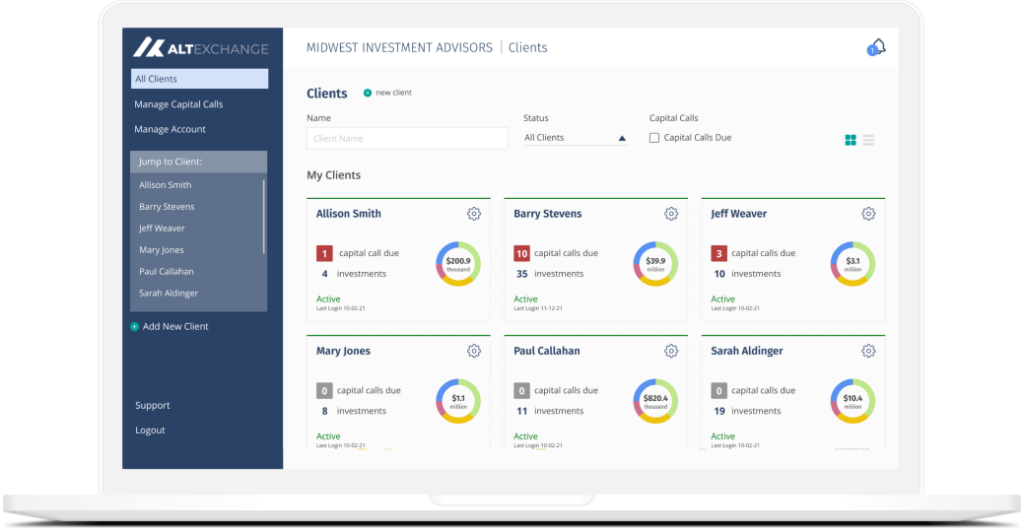With continued inflation, rising interest rates, ongoing war, an election, and prolonged effects from the COVID-19 pandemic, emotions are higher than ever for investors. As a financial advisor, your job is to help guide and educate your clients on their own financial wellness so they can continue making the best decisions.
Here’s how financial advisors can help clients manage their emotions during economic downturns, especially as we prepare for a possible recession.
1. Increase Communication
Communication is always key, but especially during times of heightened negative emotions.
Your clients may be experiencing more concern than usual about the status of their investments, how it will affect their future, and what’s to come next. Your clients should be able to depend on you to answer their questions, keep them well-informed, and maintain trust and support, all which can be done through increased communication.
Whether you decide to set up in-person or online meetings, a quick phone call, or even weekly emails, make sure to keep communication lines open as much as possible.
2. Educate Your Clients
Some of your clients may have already experienced a recession or two, and some may have not. Regardless of experience, make sure to keep your clients well-educated about the markets.

In addition, make sure to educate your clients on best practices during market downturns. There’s plenty of misinformation available online right now, and the last thing you want your client doing is making a poor financial decision out of fear.
Keep your clients informed and make sure to help them develop new strategies that work for them while money may be tighter than usual.
3. Make Adjustments
If you haven’t been creating highly-personalized, adjusted plans for each of your clients yet – Now might just be the best time to start.
You can begin by assessing your clients’ comfort levels, reviewing their current financial plans, and adjusting to meet their demands as needed. This may also mean adjusting your strategy to achieve the best results possible, such as diversifying into alternative investments.
But offering alternatives is only the first step in achieving results during a recession. As accessibility increases, so does complexity and fragmentation. AltExchange platforms offer advanced aggregation services, especially for advisors managing a breadth of alts portfolios.

Overall, your role as an advisor is amplified during times of economic downturn, and If you’re an advisor looking to maximize returns and gain an edge in your business with alternative investments, please get in touch.